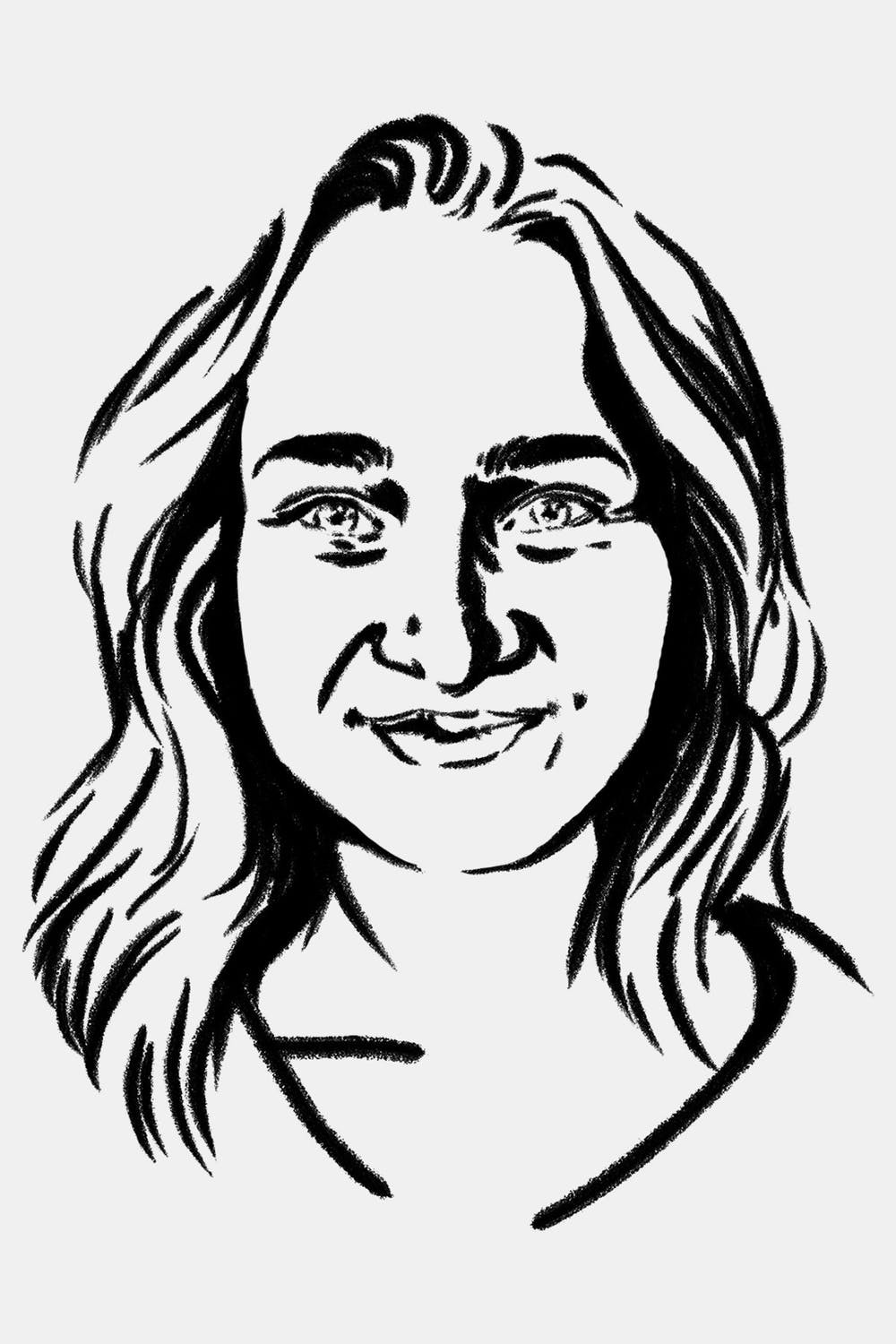Last Friday, the Trump administration declared a public state of emergency after the coronavirus outbreak spread globally. NBC reported that “at least 21 people are currently under investigation” for potential exposure in Illinois. Twelve cases have been confirmed to have the virus, reported by The New York Times. How our culture has reacted to this epidemic can translate into how some feel about the people affected by it in the first place. This panic, supposedly directed at the virus itself, is being projected onto the population where it first took lives: China. Concern and unease are no excuse for xenophobic attitudes, nor is it anything new when it comes to outbreaks in our country’s history.
Last Friday, when a coronavirus public information session was held in New York City, the question arose of whether eating Chinese food was still safe. This attitude of fear and rejection seems to only face minority groups. The coronavirus has been confirmed in 25 countries, yet the focus lay on the population who was infected first. People are afraid of those different than them and use epidemics as an excuse to exhibit their discrimination.
In the 1980s, the AIDS epidemic reached its peak, as did discrimination toward gay people. The gay rights movement was already facing widespread discrimination in American society, and with the outbreak of AIDS, people felt that they had more of a reason to withhold rights from the gay community. At the time, fear was growing after AIDS infected and killed 150,000 per year throughout the decade. Gallup reports that 28 percent of Americans avoided spaces where gay people might frequent in order to avoid contracting AIDS. This number rose to 44 percent in 1986.
Discrimination in these times of fear has ranged from outright hatred to hurtful jokes on social media. During the Ebola outbreak of 2013, people poked fun at black people and the fear of contracting the disease. Robin Wright, an American foreign affairs analyst, told the BBC that the disease is “persistently portrayed as … from countries in a part of the world that is racially black, even though nothing medically differentiates the vulnerability of any race to Ebola.”
Being fearful and anxious when outbreaks occur is completely understandable. Being cautious of how we live our daily lives and the ways we protect ourselves is to be expected. However, we must not let paranoia and precaution add fuel to the discriminatory fire as we have seen in past epidemics. Although washing your hands, not touching your face and maintaining a healthy diet have the ability to keep you healthy in times of mass health hysteria, resulting to discrimination disguised as caution sets our society back to the time of the Black Plague.
As humans, our natural instinct is to secure our own survival. However, disregarding the fact that using misguided information and internal bias play a factor in how we treat others during times of fight or flight makes us no better than a virus without sympathy. We can’t make the same mistakes as our society’s past and let fear encourage discrimination. The discrimination that minority groups have suffered through has gone overlooked in the past as society’s institutional prejudice is perpetrated against those different from us. While this is true, it is crucial to note that specifically in times of mass hysteria, we need to be aware of how we interpret news and apply it to our daily lives. We need to be cognizant of our humanity and find the balance between doing what’s best for ourselves without sacrificing basic respect for others.














